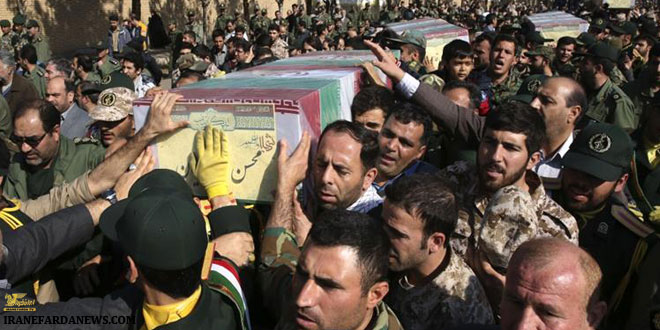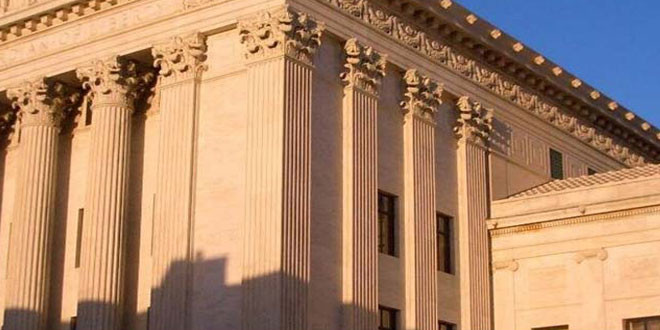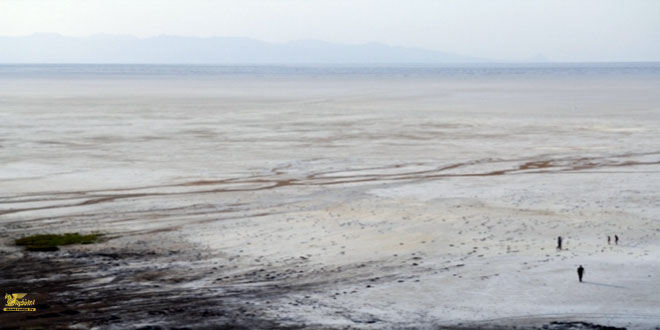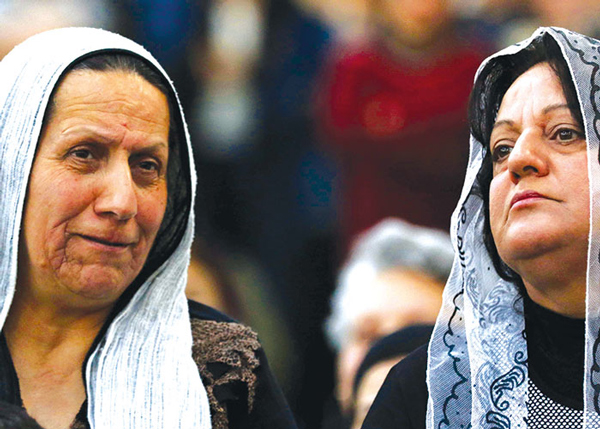THE NEW YORKER
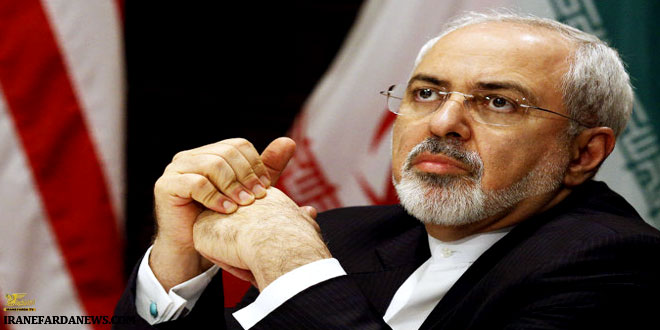
Mohammad Javad Zarif, pictured here at a meeting with Secretary of State John Kerry last week, has served as the Iranian Foreign Minister under President Hassan Rouhani since 2013.
BY ROBIN WRIGHT
Three months after Iran dismantled large parts of its nuclear program, in compliance with the Joint Comprehensive Plan of Action—the international nuclear deal—the country’s Foreign Minister, Mohammad Javad Zarif, declared last week in New York that the United States is falling seriously short of its commitments. Iran’s Central Bank chief, Valiollah Seif, delivered a similar message during his first meeting with Treasury Secretary Jack Lew, on April 14th, and he told the Council on Foreign Relations, “Nothing has happened.” Read More »
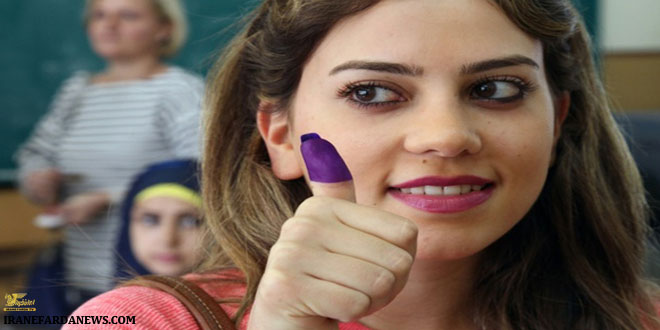
 khalijefars News, Blogs, Art and Community
khalijefars News, Blogs, Art and Community
